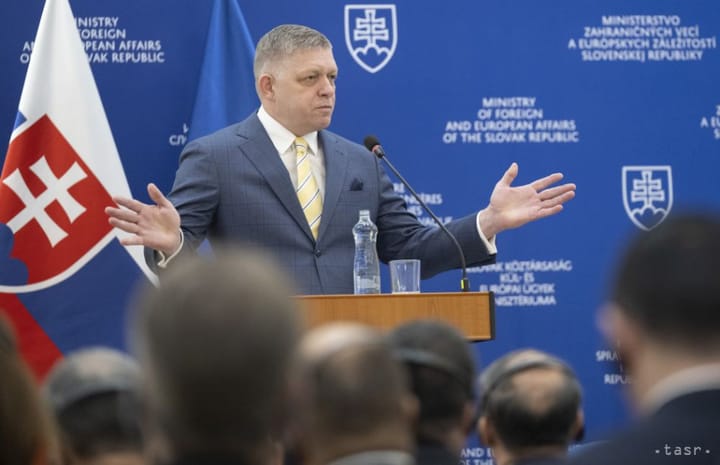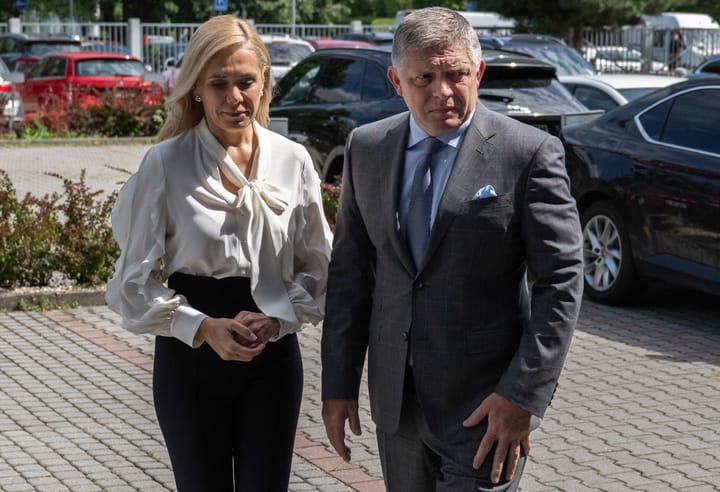Remisova: We're Simplifying EU Fund Management

Bratislava, May 27 (TASR) – The state is simplifying the management of EU funds, and Vice-premier for Investments and Informatisation Veronika Remisova (For the People) stated that her office has identified four basic problems as to why EU funds are poorly drawn, TASR learnt on Wednesday.
According to Remisova, these problems must also be eliminated with regard to the announced assistance from the European Commission as Slovakia must be ready to draw this money.
“We’ll have one Operational Programme Slovakia, similar to the Baltic countries, such as Estonia, Latvia and Lithuania, where EU funds work and are used much better than in our country,” said the deputy prime minister.
Remisova pointed out that the first reason why Slovakia draws Eurofunds poorly and why it does not use them for meaningful projects is the very complicated structure of EU fund management. “There have been a lot of managing authorities, intermediary bodies,” she said, adding that the ordinary processing of an application took a long time. The time between when the applicant submitted the application and when they received the first payment is approximately 680 calendar days, said Remisova.
Another complication has been public procurement. According to the vice-premier, this has so far been controlled by two entities – first the ministry, that is the steering authority, and then the Public Procurement Office (UVO). “It often happened that the conclusions from these two inspections were different, sometimes contradictory, it took an extremely long time and the whole process was slowed down,” stated Remisova, adding that the current Government wants only UVO to check it.
Another problem has been the fact that the management documentation changed frequently. “It was inconsistent and since the application was submitted, this documentation has changed five or six times,” she said, noting that the situation should improve in this regard also thanks to the existence of a single managing authority.
“The last problem has been administrative capacities,” said Remisova. As the number of managing and implementing bodies has increased in recent periods, so has the number of officials who participated in the management of EU funds. “The growing number of officials has in no way reflected the quality of the management of EU funds,” stated Remisova.



